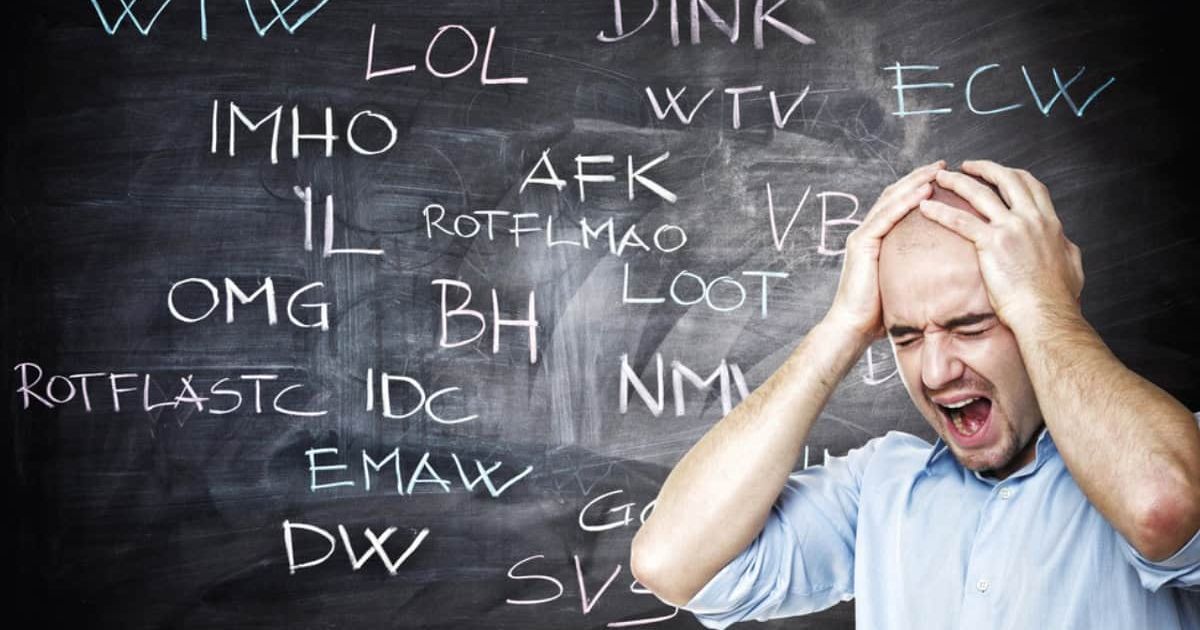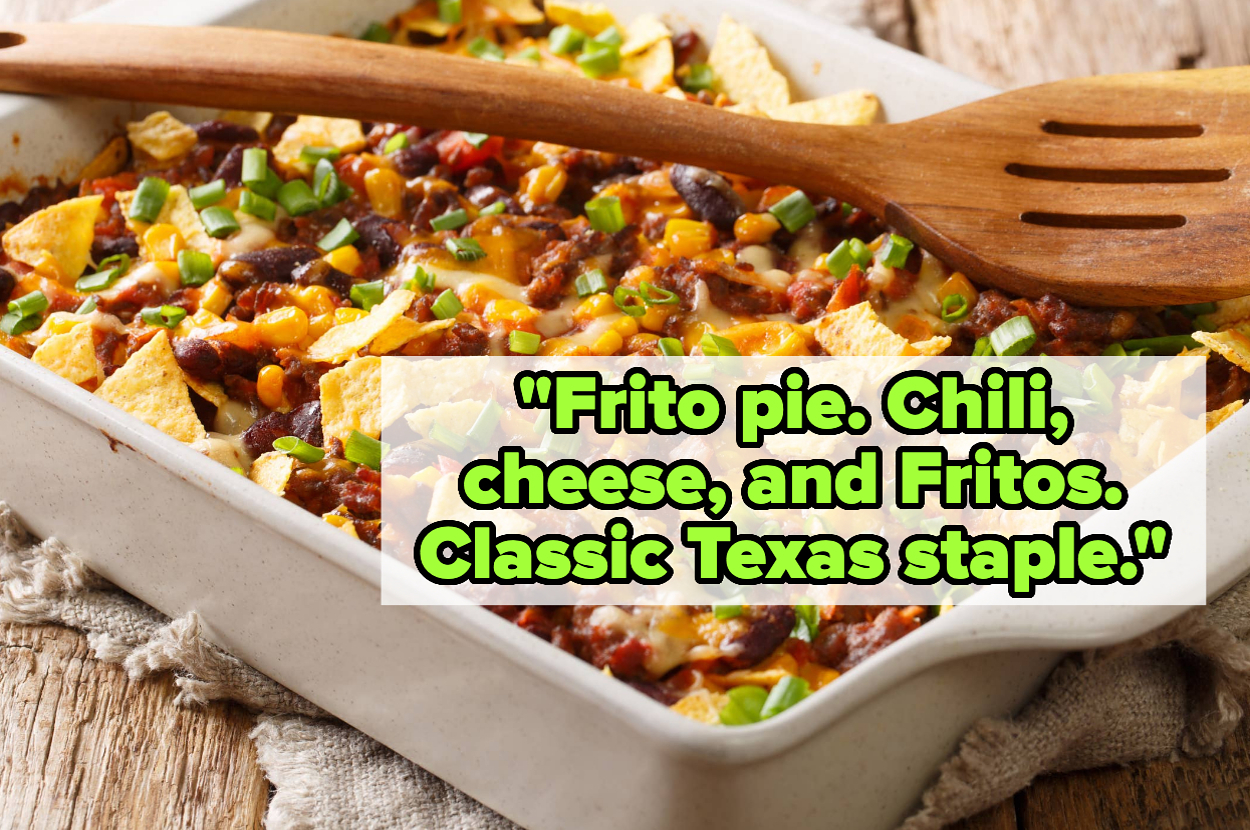Words no longer mean what they used to – cap doesn’t just refer to the apparel but can also mean you’re accusing someone of lying. Gen Z speaks in a special type of lingo that leaves outsiders confused and scrambling to keep up. Decode this mysterious vocabulary of theirs by learning Gen Z slang and staying young at heart.
What’s the tea on Gen Z slang? Gen Z slang, which constantly seems to be evolving, is largely influenced by social media and pop culture. Phrases from music, TV shows, movies and even viral videos of people cooking outrageous food or doing funny things can catch on and become a part of the Gen Z language. For example, “tea” was popularized from “RuPaul’s Drag Race” as the show often used that word to describe gossip.

Next time you hear a young person ask, “What’s the tea?”, chances are they’re not referring to the actual drink but prompting you to gossip. How laugh out loud has evolved Lol, short for laugh out loud, is probably the oldest instance of slang that’s still relevant today. Expressing emotions has gone past lol – there are countless ways Gen Zs are reacting to things online and in person.
Did you just eat something that’s unimpressive or just okay? “Mid” would be the right descriptor for that. If you hear someone chewing loudly on a brownie, that may give you the ick; ick is used to express disgust for something that puts you off. Salty doesn’t refer to the taste of food but jealousy; you’d say that you’r.























